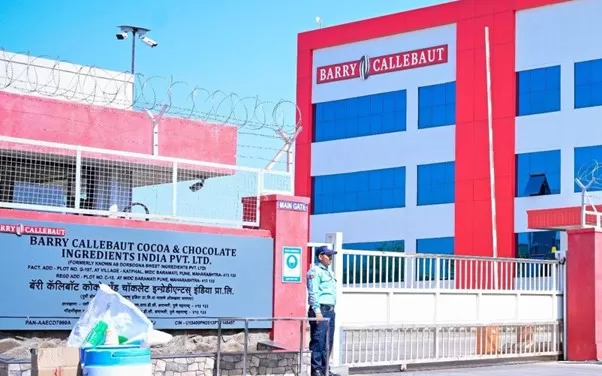A day after Barry Callebaut terminated the elected trade union representative of the Barry Callebaut Employees Union (BCEU) in Baramati, India, on November 6, 2023, national management offered to sign a collective agreement with the union. But on one condition: BCEU must state that all the rights violations and abuses by management that occurred over the past 12 months did not happen. In other words, for union members to exercise their collective bargaining rights, the union must lie. The assumption is that the withdrawal of all the (well-documented) allegations will allow the company to claim it was always in compliance.
After months of pressure and harassment and the victimization of the union’s elected General Secretary – ultimately ending in his unfair termination – union membership fell from 28 to just 18. But the global company still wants the remaining 18 workers to say it was all untrue. In return they will be allowed to have a collective agreement that will bring economic benefits to their families. In a decent world this would be seen for what it is – the bullying of workers in an impoverished rural community by a corporate giant.
The refusal of Barry Callebaut to remedy the rights issues at its Baramati factory and respect the fundamental right of all workers to freedom of association and collective bargaining raises serious questions about how it operates as a global company.
- From the outset of the dispute, global management first denied any non-compliance without investigating. Only after questions were raised by representatives of Barry Callebaut employees in Europe did corporate management finally investigate beyond making a few phone calls. Yet in the following months, it became clear that every reply and every action by the company was determined by local management in Baramati. The very same people involved in the rights violations.
- This raises serious questions about how Barry Callebaut views compliance and how it addresses allegations of rights violations. Despite all its global policies and commitments, the approach is first to deny and defend, then to ask those directly involved whether they did it. This then generates sufficient evidence to justify the initial denial.
If this is the company’s approach, then human rights due diligence simply will not work. This then raises questions about all other forms of human rights violations (including modern slavery and child labor) that the company claims are untrue or are now resolved.
Read more on IUF Asia/Pacific’s website here.
Also see:
Here’s what happened at Barry Callebaut India
India: 207 days of fighting for trade union rights at Barry Callebaut Baramati
